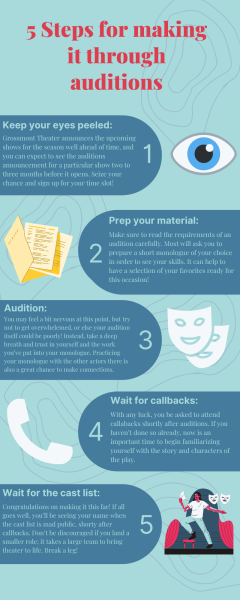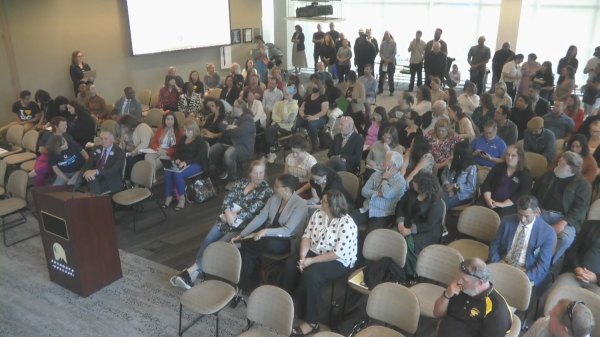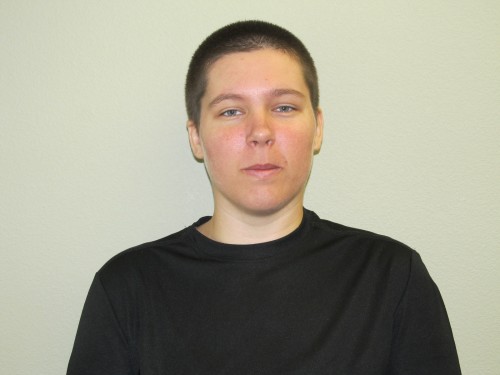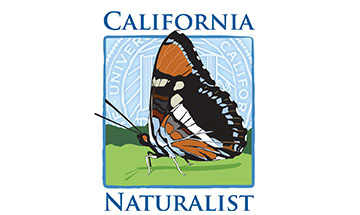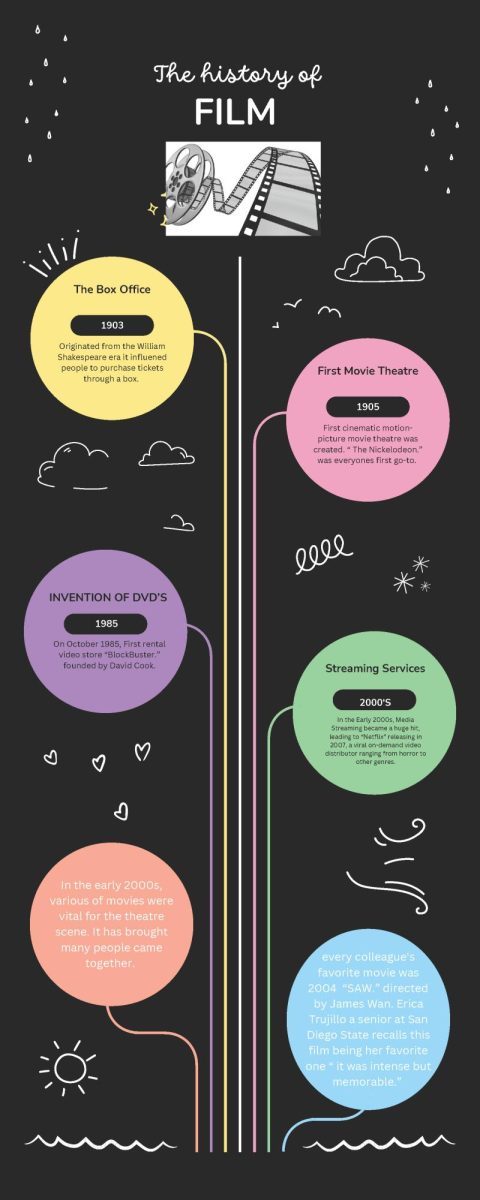Global media continues to discover information about NSA leaker Edward Snowden, raising questions about the NSA’s spying policies and increasing citizen worries about possible infringements on privacy rights by the monitoring.“Freedoms protected by our Constitution should be given great weight,” says Grossmont Associate Professor Todd Myers. Moreover, “A careful cost/benefit analysis needs to be done to justify negating our rights to enhance our security,” according to Myers, the Chair of Grossmont’s Political Economy department.
Recent examples of privacy rights infringement further demonstrate need for policy change. Lavabit, a U.S. based corporation founded to provide encrypted email services, shut down in opposition to warrants received from the U.S. government requesting access to all information in Lavabit’s system in their search for Snowden. Yahoo also experienced privacy violations from British surveillance agency GCHQ, aided by the NSA, as they intercepted and stored webcam images from millions of Yahoo users, regardless of whether they were intelligence targets. The American Law Institute outlines four categories of invasion of privacy: intrusion of solitude, public disclosure of private facts, false light, and appropriation. Intrusion of solitude consists of physical and electronic intrusion into a person’s private quarters, exemplified by ongoing monitoring by the NSA of citizens and corporations on national and global scales.

Courtesy of; http://www.abc.net.au/news/
Professor Myers adds that “intrusions into the privacy of individuals and states will be controversial, but … the incentives are to gather information and protect it in the most effective ways available.” Information carries power, particularly for success in military endeavors–a key factor when considering current U.S. political and military motivations and relations. Expanding on this concept Myers references one of the oldest secular texts in existence, Sun Tzu’s Art of War, of which the foundation emphasizes the importance of information for military success.
When considering policy development on privacy and security, Professor Myers affirms that “Our legal system can and should attempt to bolster norms of privacy.” However, adding a more realistic view over maintaining security on national and global levels, he clarifies that “you cannot expect other humans to not seek and use information about you when making decisions that impact their well-being…”
Politicians, lawyers, and civilians debate to what extent a government may step over established rights based on national security; meanwhile, the NSA continues to monitor citizens for significant signs of dissent. As these events continue and escalate the time approaches where, as a nation, the U.S. must take a more definitive stance on privacy vs. security.








